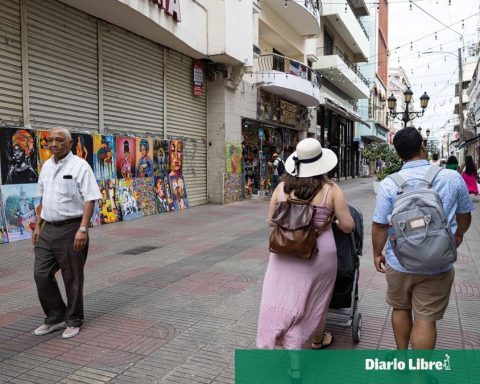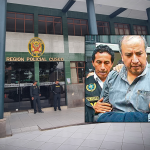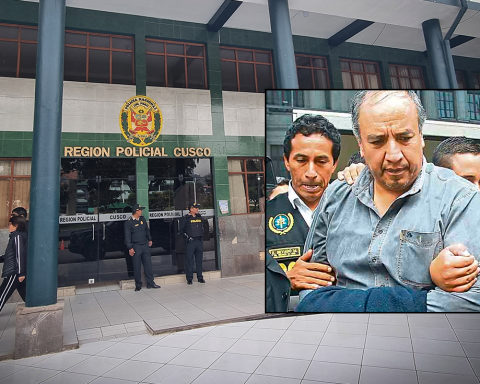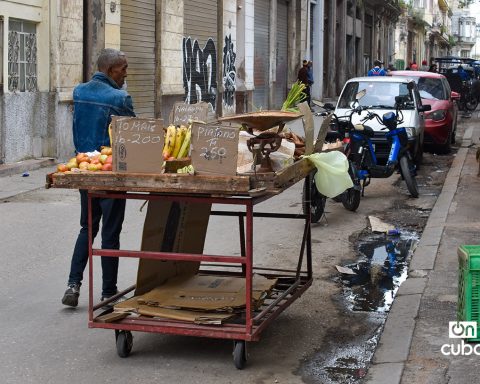The regional director of UN-Habitat, Elkin Velásquez, called attention yesterday to the need for the governments of the Central American Integration System (SICA) to carry out city planning, given the large number of human settlements precarious.
The UN conducts a survey to determine the number of people living in these conditions, whose preliminary data shows a figure of 29% for the region. This includes Costa Rica, Guatemala, Honduras, Nicaragua, Panama, the Dominican Republic, Belize and El Salvador.
In the Dominican Republic there is a housing deficit of around one million. These are “the houses that exist, but they have to be improved,” explained Carlos Bonilla, Minister of Housing, who understands that, based on that number, one can have an idea of ”how big the problem of informal settlements is.” ” in the country.
1million
It is the qualitative housing deficit in the Dominican Republic. These require some kind of improvement.
Analyze in forum
In order to intervene in these areas, which abound in the nations of the region, and to implement the New Urban Agenda, a forum of the Central American Social Integration Secretariat (Sisca) is held in the Dominican Republic.
The Vice President of the Republic, Raquel Peña, participated in the inauguration of the event in a hotel in the capital, where she recognized that there is in the country “the proliferation of informal or precarious settlements, and great deficiencies in terms of provision and access to adequate housing ”.
Peña assured that “the crucial lack of planning and regulation of urban expansion in the region, coupled with its dispersed and low-density nature, have generated serious consequences for its population, with a significant increase in situations of inequality and exclusion. socioeconomic and territorial.
Minister Bonilla, for his part, estimated that the first thing the government should do to combat these settlements is to offer opportunities to acquire decent housing at a cost similar to what they pay where they live.
While Velásquez reported that the UN accompanies all CISCA countries to develop an inventory of precarious settlements and seek regularization in place, according to each particular case.

















